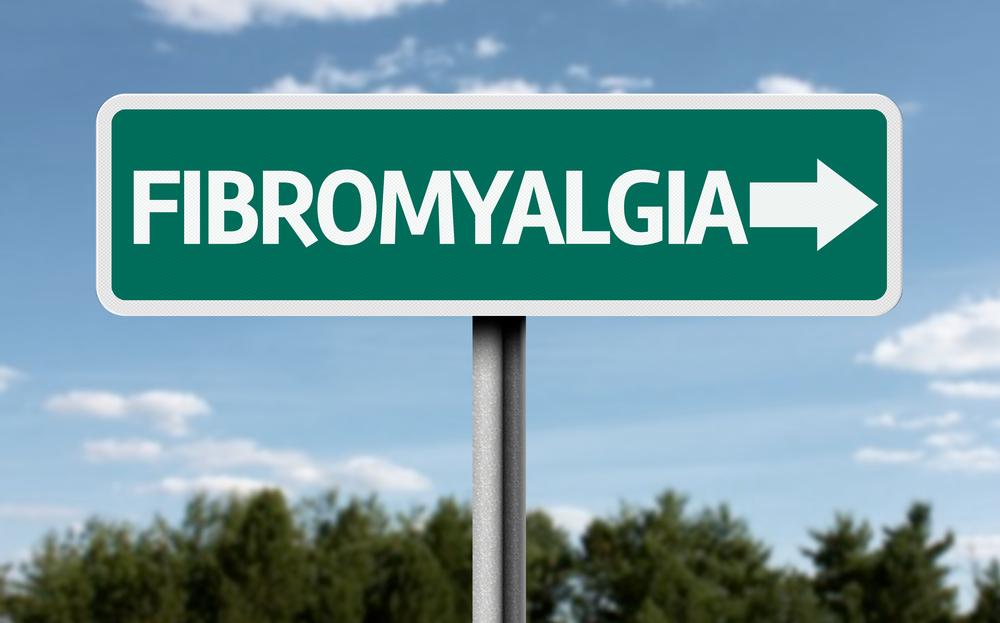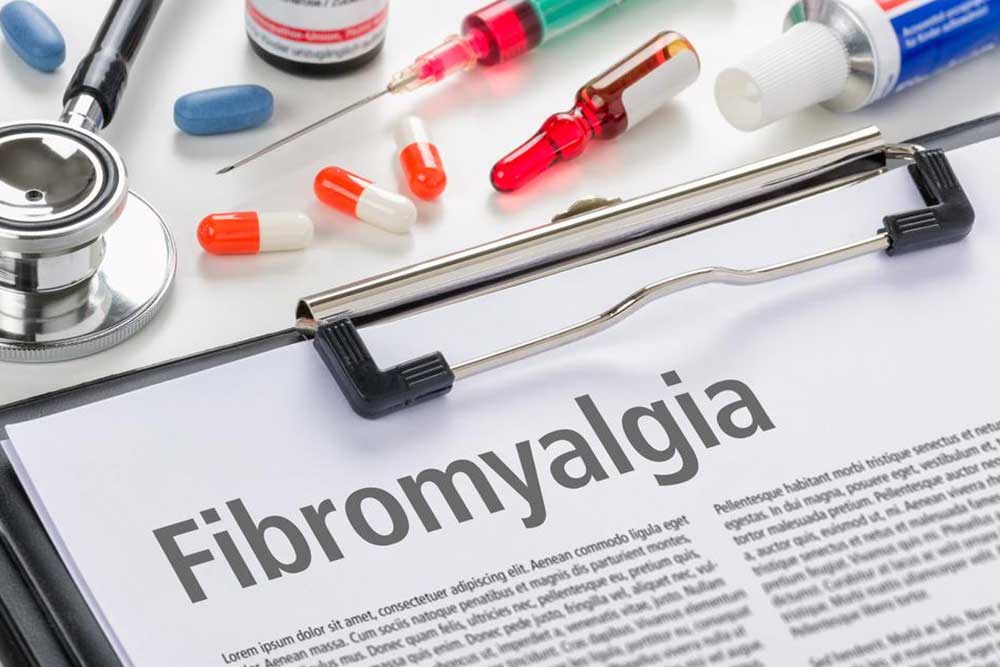Top 5 Symptoms Associated with Fibromyalgia
Fibromyalgia is a persistent disorder causing widespread pain and fatigue. Key symptoms include chronic exhaustion, tender points, brain fog, mood changes, and sleep disturbances. Early recognition and personalized treatment can help manage this complex condition, which predominantly affects women. Although diagnosis is challenging, understanding these signs is crucial for timely intervention. Always seek professional medical advice for proper diagnosis and management. This overview aims to raise awareness about fibromyalgia’s common symptoms and improve quality of life for those affected.

Top 5 Symptoms Associated with Fibromyalgia
Fibromyalgia is a long-term condition characterized by widespread musculoskeletal pain, where muscles, ligaments, and tendons all seem to ache. The pain may be persistent or shift locations over time.
One of the main challenges in diagnosing fibromyalgia is that its symptoms are often nonspecific and similar to other disorders, making detection difficult.
Below are some of the most prevalent signs and symptoms experienced by individuals with fibromyalgia.
Persistent fatigue and exhaustion: Those with fibromyalgia often feel constantly tired. Despite sleeping for extended periods, they wake up feeling drained, likely due to disrupted sleep caused by ongoing pain. Tasks like organizing a closet or doing laundry can feel very overwhelming.
Widespread pain: Pain is a hallmark symptom of fibromyalgia. Typically described as a chronic ache, it can affect multiple areas of the body or localized sensitive points known as tender points.
Cognitive difficulties (brain fog): Often called fibro fog, this symptom involves struggles with concentration, focus, and multitasking. Patients are encouraged to stay organized, keep a journal, and maintain a stress-free routine to cope better.
Mood disturbances and depression: Constant pain and poor sleep can lead to mood swings, social withdrawal, anxiety, and depression. The disruption of normal functioning impacts focus and short-term memory.
Sleep problems: Patients frequently experience disruptions during sleep, with heightened brain activity causing frequent awakenings. They are often light sleepers, waking feeling tired despite long sleep durations. Morning stiffness in joints and muscles is also common.
Women are more frequently affected by fibromyalgia than men. Since diagnosing symptoms is challenging and a definitive cure remains elusive, treatment generally involves individualized medication management based on specific symptoms.










